Alita | She/Her
Amal
China | Washington, DC, USA
Deserts and Xeric Shrublands
Session 8: March 25, 2023
As some of you may know, we are in Ramadan now, so Ramadan Mubarak. To celebrate Ramadan, I will tell the story of my friend Amal, who lives close to the Nile River—the longest river in the world. (I really suggest you try to visit.)
Amal is 35, and she is Muslim. She lives with her sixty-year-old mom and her three younger sisters, all in university. She’s not married, and she is the only breadwinner in the whole family. What is her job? She is a secretary in an oil company. The oil company, while it operates in her country, is a foreign corporation. The job offers her and her family bread, milk, and coffee, and it pays her sisters’ tuition. It’s a normal life—quite peaceful. But the peace does not last long.
Due to concerns over climate change and other issues, the government drives out the foreign oil company, and Amal loses her job. What is she to do with her mother and her sisters? She cries to me, “Why did this happen? This company is good! The boss treats me well. They’re good people. Why does the government not want them? It must be bribery.”
I cannot answer Amal’s question. I explain to her, “Amal, this is a climate change issue. It’s not only about you or me. It’s not about any individuals. It’s for the whole world. It’s a global issue. So, Amal, you don’t have an oil company now, but maybe soon you will have more renewables here. You can find a new job.”
Amal doesn’t understand that. Amal tells me, “I don’t really know about climate change, but I need this job. My sisters are at university. They need to pay tuition, and I need to feed my mom bread and milk next week.” I don’t know how to answer Amal’s question. She tells me about the bribery—how it’s a common issue in her country. I don’t know how to answer that, either.
Half a year later, after this oil corporation has been driven out of the country, the government replaces it with a local company. So the oil field is producing again. Everything is the same, except Amal and some other people have lost their jobs. And renewable energy companies’ investors are not really interested in this small country. Amal can’t find a new job for a long time.
The last time I heard from Amal, she was married, at almost forty years old. She married someone she didn’t really know. She only met him once. But he can support her family, her mom, and her sisters. He can buy bread and coffee, and he can pay for tuition.
Amal told me, “I’m already 40 years old. I don’t have many choices. But we’ll be OK as long as there’s a guy who can help the family.” Since then, I haven’t heard from Amal for a long time. I want to text her, but I don’t know what to talk about.
This is the end of Amal’s story in my life, maybe, but it’s not the end of many other stories. In many underrepresented countries, oil and gas are among the few resources they have, and renewables investors are usually reluctant to enter into these countries. Meanwhile, oil and gas companies cause environmental accidents, including in the beautiful Nile River, the longest river in the world.
People there rely on the jobs from oil and gas companies. For people like Amal, they don’t even know what is happening. They don’t know about climate change. They don’t care about climate change, because their lives are super simple. They love their family. They like their job—even though the job is provided by what we see as an evil oil and gas company.
Are those people the same as us? I don’t know. They don’t even know about climate change, while we are fighting passionately against it. So they are not us. But they also are us, because we are all together, living on this beautiful Mother Earth, wanting a happy life, and wanting to do something worthwhile in the short time we have.
So climate change: this global narrative impacts the whole world for hundreds, or even thousands of years. But what about people like Amal, who may live just for less than 100 years? Where is Amal’s voice? Where are people like Amal, in conversations about global climate change? Where are they?
I have no answer to that, but as we confront this global narrative of human beings and environment interactions, can we not forget the individuals who are not being seen and may never be seen, like Amal? They don’t fight against climate change. But they also have a right to a happy life. So people like Amal deserve to be seen.
Let us see them. And let them see us. And let us all see each other, even as we confront climate change on Mother Earth. That’s the end of my story. Thank you.
Alita is an antevasin, an in-betweener. One who lives by the border of two worlds. She is still learning how to plant a garden at the border and embrace the two worlds.
